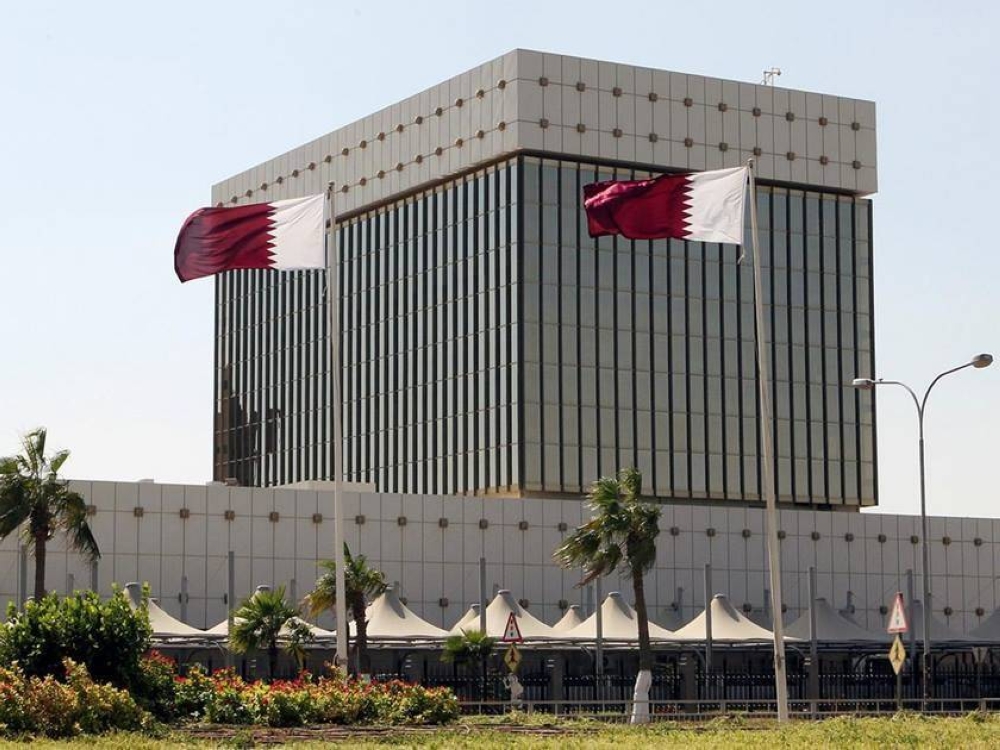The Qatar Central Bank (QCB) has developed the infrastructure for the much-touted Central Bank Digital Currency (CBDC) project, which represents an important milestone and a strategic step towards building a digital economy in the country.
The project, which will enter its first experimental phase extending to October 2024, aims to achieve a set of primary objectives, including leveraging artificial intelligence technologies, distributed ledger technology (DLT), and emerging technologies and establish a strong foundation to enhance liquidity by expanding participation in financial market facilities, considering the aspects related to information security during project implementation.
"The results of this experiment will be the cornerstone towards identifying the different use cases that the QCB will adopt in the future, which will contribute to enhancing the efficiency of the current systems and instant settlement," the central bank said.
After successfully completing the comprehensive study conducted in this field, the QCB will proceed with testing and developing selected applications for the CBDC to settle large payments with a group of local and international banks in a trial environment designed according to the latest advanced technologies.
The project will focus on the applications of the CBDC to increase access to capital markets for operating banks in the country, enhance domestic settlement, and improve the efficiency of securities transactions.
The move by QCB comes in line with the Third Financial Sector Strategy, the Fintech Strategy, and Qatar National Vision 2030, and based on its ongoing efforts to regulate and develop the financial sector in the country.
A CBDC is a country's fiat currency in digital form and is managed by the central bank. Various reports indicate that trade regions like the Middle-East are uniquely positioned to take advantage of CBDC as energy and global trade trends shift.
At the recently concluded Qatar Economic Forum, Sheikh Bandar bin Mohamed bin Saoud al-Thani, QCB governor, had said "we are in the foundation stage and evaluating the pros and cons of issuing the CBDC."
The QCB is keen to keep pace with the digital transformations witnessed by the financial and banking sector both regionally and globally, confirming the necessity of investing in modern technologies, which aims to build a pioneering system that adopts emerging technologies to accelerate the pace of digital transformation in line with the Third National Development Strategy 2024-30, according to it.
Most countries are still in the research and development stage, but a few have already started trials and have gone beyond the stages of development, according to reports.
According to reports by the Atlantic Council, 87 countries are taking initiatives to create a CBDC. This accounts for more than 90% of the global GDP (gross domestic product). As the popularity of digital currencies is increasing, the global finance sector is preparing for a transformation.
In the Gulf region, as part of its 2023-26 strategy, the UAE Central Bank is preparing to launch its digital currency. In May 2021, the Central Bank of Bahrain started collaboration with JP Morgan and Bank ABC to develop a cross border digital currency settlement pilot programme.
The QCB reaffirms its continuous commitment to introducing distinguished and valuable initiatives that will help create a conducive environment for the growth of the financial sector, stimulate the widespread adoption of emerging technologies, and promote technological innovations across various fields.
Business
QCB readies infrastructure for Central Bank Digital Currency project
Qatar Central Bank to test and develop selected applications to settle large payments


